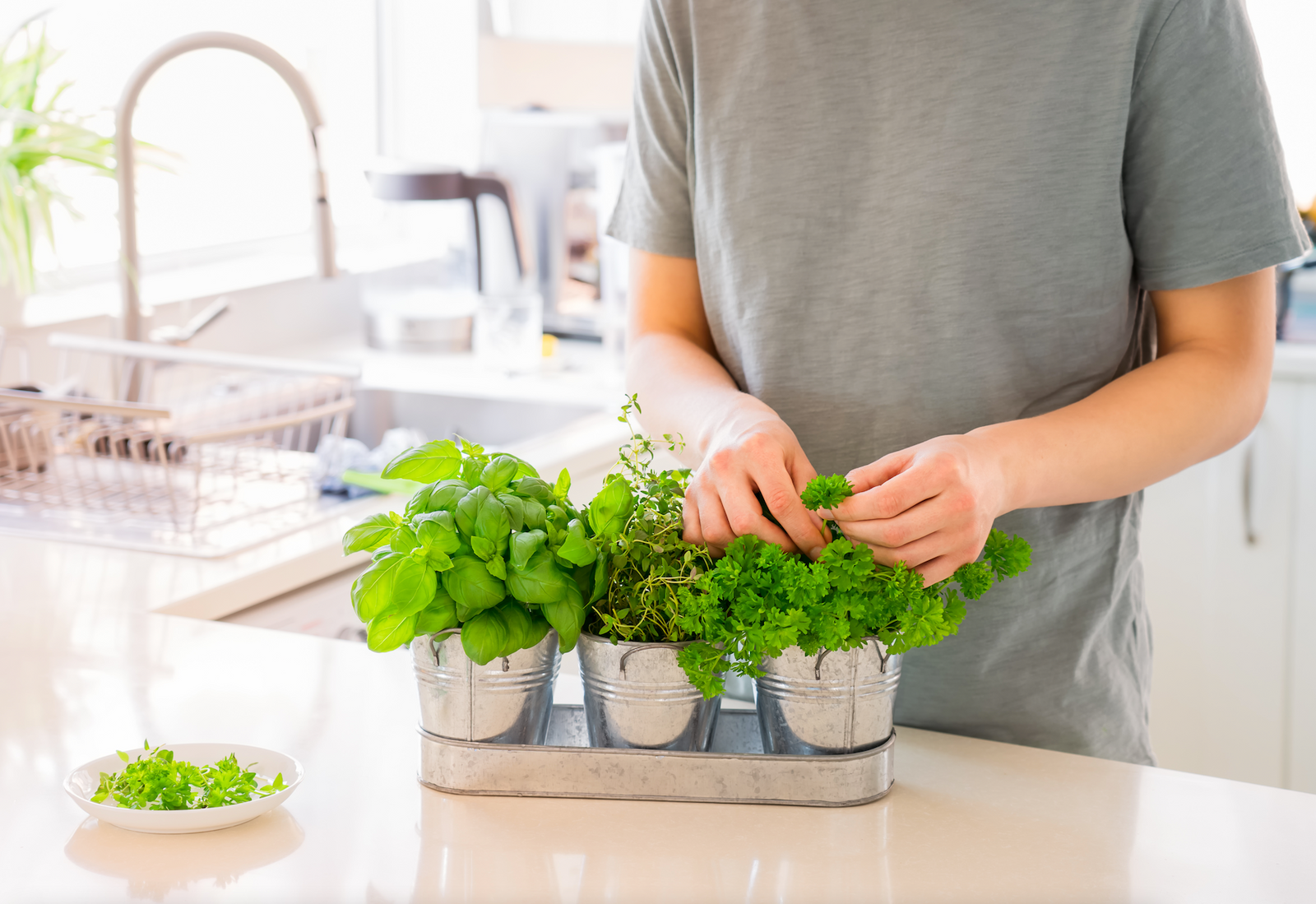Your Cart is Empty

Where can you go for reliable information about herbal supplements without the confusing hype? HerbalGram, the peer-reviewed publication of the American Botanical Council, is always my first step. The Fall 2013 issue includes an article on Herbs and Erectile Dysfunction: A Review of Traditional Use and Modern Clinical Evidence by Canadian herbalists Linda Woolven and Ted Snider.
The article begins by recognizing that “Since ancient times, cultures around the world have turned to herbs for help with erectile dysfunction (ED). The astonishing number of plants that have been believed to possess aphrodisiac and performance-enhancing powers suggests that people in every geographical location and throughout every era have sought herbal help for fertility and reproductive power. Ethnobotanist James A. Duke’s database of herbs lists 239 herbs that reportedly have been used as folkloric aphrodisiacs and 122 that have been used for impotence (J. Duke, email, July 2, 2013). There is an ancient and intimate relationship between man and nature in the quest for enhanced sexual power.”
The authors recognize that certain herbs have been scientifically proven to be beneficial, that is not the question. The problem is one of deception and adulteration by unscrupulous prostate wellness purveyors out for a quick buck. The challenge is to find pure herbal products that have been brought to market following strict adherence GMPs Good Manufacturing Processes, and have not been adulterated with pharmaceutical substances in uncontrolled manufacturing environments.
The article goes on to catalog a number of herbs that have been scientifically studied and update information about the clinical information on Ginkgo Extract, Asian Ginseng Root, Muira Puama, Maca, Pycnogenol®, Rhodiola Rosea, Eurycoma, Ashwagandha, Oats, Yohimbe, and various multi-herb combinations.
Clink on the link for more information on how you can become a member of the American Botanical Council.